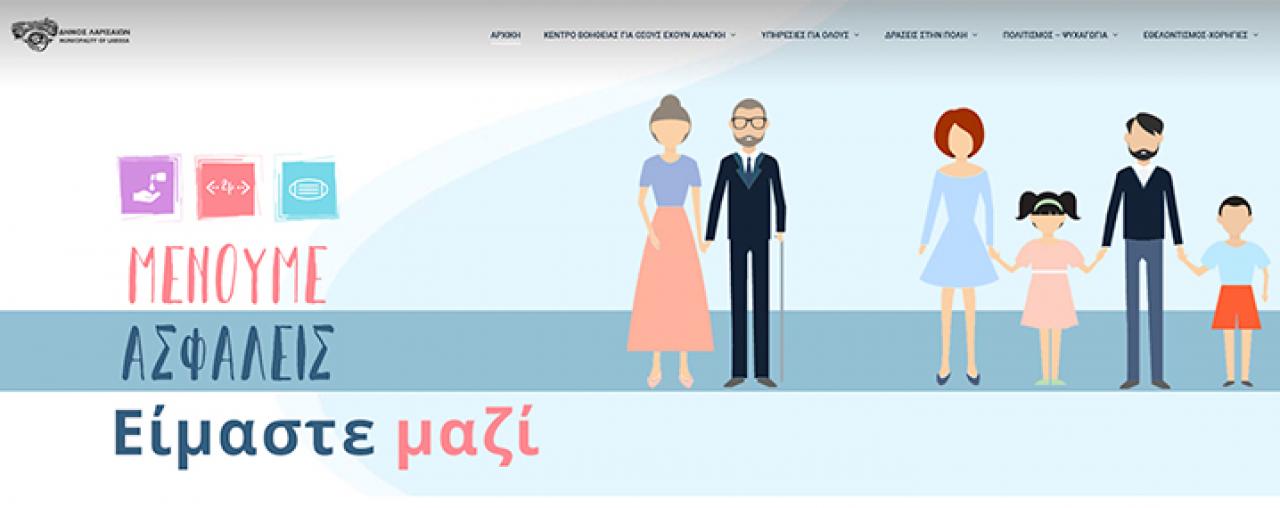
An article written by URBACT Expert Simone d’Antonio
The Role of Play for Solidarity
Games are not usually perceived as a possible tool for reducing inequalities. The narrative on deprived and marginalized groups just present these people as persons in continuous struggle for basic needs, while in fact the fight for better living conditions includes a series of elements directly or indirectly connected to a playful dimension. Among these, the access to digital technologies, the use of public spaces, the collaboration between elderly persons and young people.
All these elements are part of the Playful Paradigm transferred by Udine to the cities of the Transfer Network that explored different dimensions of play. The pandemic time we are living in constituted for some cities an opportunity for testing the integrated policies fostered by the network to revive the community spirit in disadvantaged groups and families.
Combining the use of games to actions of digital literacy or to social and inclusion policies was crucial for addressing some of the most urgent challenges faced by specific categories of residents, such as elderly persons or families in need. It showed how the implementation of the playful paradigm can be a cross-cutting tool for improving the way local authorities collaborate with people and support local cohesion, leaving no one behind.
In a podcast produced by Creaa for Playful Paradigm, Larissa and Cork highlight the role of games in the local welfare policies and how play helped in reducing the digital divide and inequalities in the access to public services.
LARISSA
Branded at national and international level as an “Open City”, fostering the active inclusion of different categories of residents, Larissa has a long tradition in the use of events and playful initiatives for reducing the gap between different areas of the city. The Pinios River Festival, taking place every summer in one of the most deprived neighbourhoods of the city, is a powerful example of an integrated strategy aimed at raising living standards for all also through solidarity initiatives, cultural events and smart use of public spaces.
“We are very proud of this kind of initiatives and Playful Paradigm is one of them. We try to use them as a tool to minimize exclusion” says Vasilis Mitsios, URBACT Local Group Coordinator of Larissa.
The city decided to test the use of digital technologies to replicate this integrated approach online and test how games can be relevant for enhancing social cohesion. During the lockdown in spring 2020, Larissa launched a website (https://www.larissamazi.gr/) with games and cultural activities for the residents, enhancing the access to free audiobooks readings or concerts.

The website is part of a wider strategy of online assistance to people in need, offering medical and psychological support to residents (particularly the ones living in deprived areas) stuck at home.
“We tried to use every tool available, taking into consideration the question of the accessibility for this type of people, that is not very easy. Even though, we tried to do our best in a minimum way” says Vasilis.

Digitalization proofed to be crucial to enhance the range of playful services and activities offered to residents, paving the way to new initiatives in the future or to better supporting existing ones in reaching users more effectively. That is the case of the centres for elderly people, located in different neighbourhoods of the city, that can improve their services to seniors through the use of digital technologies.
An interesting input in this sense can be provided by the Udine’s experience of Camminamenti, a local programme which is also using online tools for cognitive stimulation of elderly persons through playful activities that can be done from home (such as memory games, musical quizzes, breathing exercises).
CORK
In a city with consolidated strategies of promotion of games and playful activities for social cohesion and well-being of the local community, the pandemic time posed new challenges in terms of how to engage with people at home, and in particular with families who were already struggling in the pre-Covid time.
Teaming up with the community and voluntary sector, the Cork City Council’s Social Inclusion Unit created a Play Pack, with booklets, video-tutorials and materials to create games at home, such as lollipop sticks, colouring pencils and crayons to produce puppets or other interesting games for kids.
The Packs were distributed to hundreds of families in need during the first period of the Covid emergency. The success of the initiative led the City Council to create similar packs to other sensitive groups.
“We knew that the winter would be hard for elderly persons and they were very much at home, probably fearful of coming out but we wanted to engage with those people as well” says Denise Cahill, Cork Healthy Cities Coordinator. The City Council launched a questionnaire to check how older people wanted to be engaged and the vast majority said that they didn’t want to be engaged through digital platforms and social media.
After the Christmas period, over 4500 Play Packs were delivered to senior citizens of Cork, “and it was an absolute, overwhelming success” as Denise says. Each pack included a booklet with colouring pages, Sudoku, quizzes and stories about the city or old games that people were used to play in the streets of Cork. Following the indications of the questionnaire, showing that 89% of the respondents had a direct access to green spaces, the pack included also a bird feeder and seeds.
The Play Packs created a buzz in the local community and were seen as an useful tool also for other disadvantaged categories. Cork recently decided to start a new wave of distribution of play packs to people with intellectual disabilities, using games similar to the ones previously sent to the seniors, but also to people living in nursing homes and long-stay hospitals.
Cork was active also in reducing the digital divide and in fostering the access to new technologies for deprived groups. 200 tablets with access to internet connection were purchased by the Cork’s City Council and distributed through the Friendly Call service of the city to isolated and vulnerable residents. The collaboration with public libraries and the university college of Cork will be crucial to help users in using digital devices, through the organization of educational and training initiatives.
Actions with an impact
The actions carried out by Larissa and Cork show how the transfer of practice promoted by Playful Paradigm was useful to create a flexible model of intervention, which improved urban resilience and the ability of local authorities to deal with unexpected situations in which the use of games proved to be particularly useful and appreciated by different groups of residents.
Putting community spirit and collaboration among people at the core of structured, integrated policies on medium and long term is the main challenge for Larissa, Cork and the other cities of Playful Paradigm, that are showing in practice how games are not only for kids and how decisive are for making urban life better and more inclusive for all.
by Simone d’Antonio - URBACT Ad Hoc Expert
Want to know more about Health and Procurement?
The Playful Paradigm Network launched a Podcast series and one of the episodes features the key players mentioned in this article. Listen it here!

